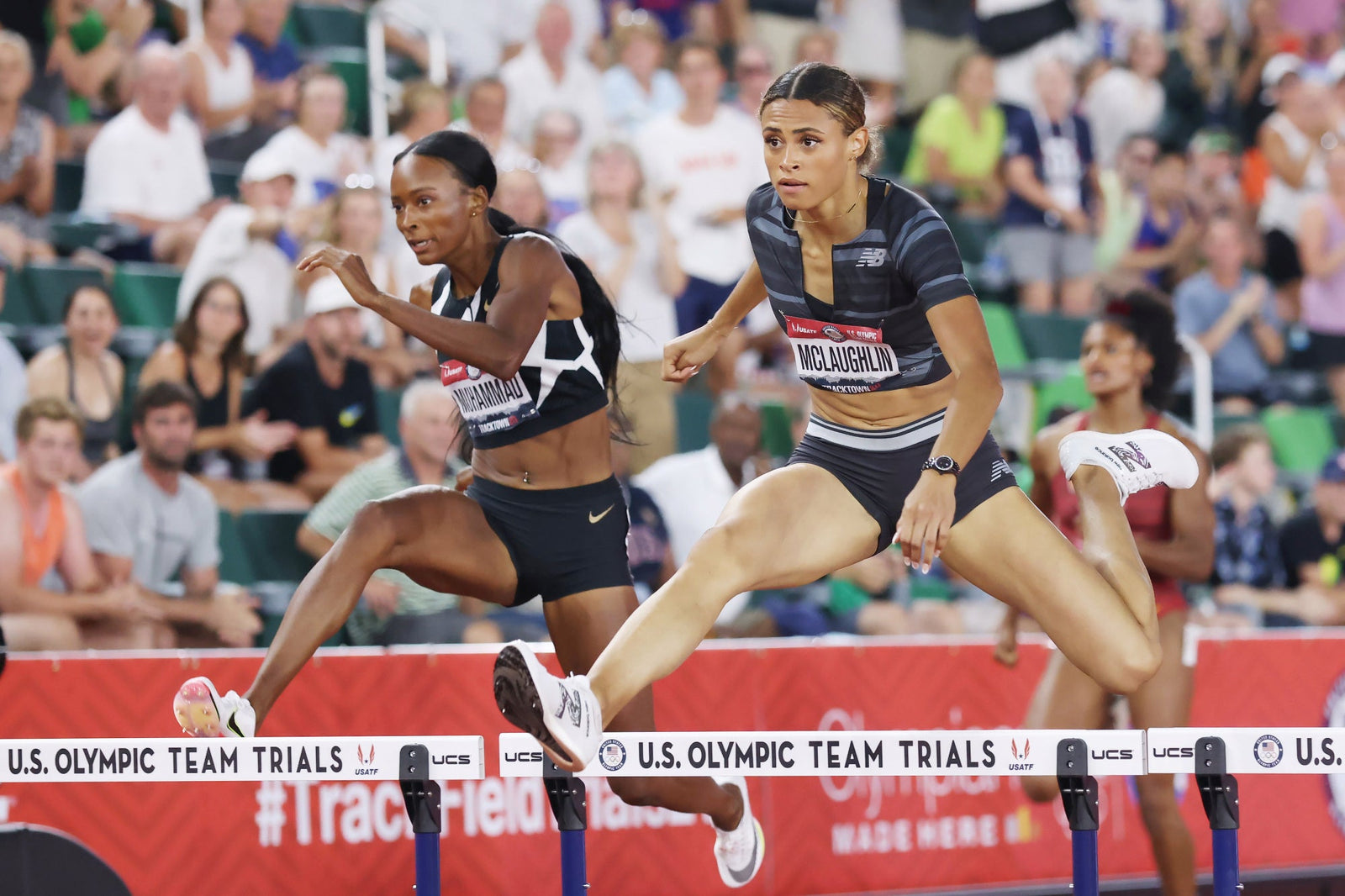Apparently this stuff works - Mike M.
You can feel the difference - Kevin K.
My BP was 157/101... now it is 129/87 - Latasha G.
Seems to work... lowered my numbers by 7% - Scott L.
It is a life saver - Golda C.
I feel better, I have more energy - Alex Y.
My BP went down 10 points in 2 weeks - Lucy W.
I have only been drinking it for 2 weeks and my BP numbers have gone down - Elizabeth S.
Apparently this stuff works - Mike M.
You can feel the difference - Kevin K.
My BP was 157/101... now it is 129/87 - Latasha G.
Seems to work... lowered my numbers by 7% - Scott L.
It is a life saver - Golda C.
I feel better, I have more energy - Alex Y.
My BP went down 10 points in 2 weeks - Lucy W.
I have only been drinking it for 2 weeks and my BP numbers have gone down - Elizabeth S.
Add description, images, menus and links to your mega menu
A column with no settings can be used as a spacer
Link to your collections, sales and even external links
Add up to five columns
Add description, images, menus and links to your mega menu
A column with no settings can be used as a spacer
Link to your collections, sales and even external links
Add up to five columns
The Correlation Between Exercise And Blood Pressure
February 15, 2024 3 min read

Our bodies can do so many amazing things, so many of which we never imagined they could do. One of the myriad remarkable things they can do (if we’re willing to help them do it!) is to naturally lower our blood pressure.
Look at any list that provides information about how to lower your BP. I guarantee you that you'll find exercise somewhere in the top 5. More often than not, it's in the top 1 or 2.
How Does Exercise Help Control Blood Pressure?
Some of us have implemented an exercise routine into our schedules. I will admit that when it comes to exercise, I am sometimes better to myself than I am at other times. That said, we get to see athletes like Sydney McLaughlin, the sun is out, and inspiration is returning! Inspiration for bettering our health in general, and specifically for normalizing our blood pressure. :)
Lack of exercise/physical activity usually leads to a higher resting heart rate. This means the heart is pounding more and exerting more pressure against the blood vessel walls.
Does Exercise Lower Blood Pressure Immediately?
While your is heart working harder during exercise, it's only for a discrete period of time—20 minutes, 40 minutes, 60 minutes, 90 minutes—which, when done regularly, can have the impact of lowering your resting heart rate. The effects of exercise are most noticeable during and immediately after a workout. Lowered blood pressure can be most significant right after you work out. Lowered blood pressure can be most significant right after you work out. So, health professionals theorize, the ideal way to combat high blood pressure might be to break up your workout into several sessions throughout the day, even if it's only for short periods or intervals.
We all know that maintaining a healthy bodyweight can assist us in normalizing our blood pressure. We also know that exercise burns calories, which can help us lose weight or maintain a healthy bodyweight. But even though exercise doesn't burn enough calories to give us the go ahead to eat whatever we want, it does help create a "Virtuous Cycle" in which we feel as though we're doing something good for ourselves. This might make us more protective of trying to not undo the good we've done by exercising.
Which Exercise is Best for Blood Pressure?
Cardiovascular exercise like walking, jogging or jumping rope can lower your blood pressure and make your heart stronger. Activities like cross-country skiing, skating, bicycling and rowing are also good for the heart.
Recent research in Sweden showed that stroke patients who reported engaging in at least 2 hours of moderate activity/week or 4 hours of light activity/week (like walking) were less likely to have had a severe stroke than patients who were physically inactive. They concluded that exercise may help make brains more resilient.
Exercise helps improve our circulation by increasing the amount of blood, oxygen and nutrients to our organs: our hearts, our kidneys, our brains, our genitals. And each of these organs can be negatively affected by high blood pressure! High blood pressure is implicated in heart attack, stroke, kidney failure, dementia, and erectile dysfunction. Exercise can help us keep our blood pressure in check and nourish these organs with blood, oxygen and much needed nutrients.
I know it's not always easy to get oneself to exercise. And I know that one can be intimated at the thought of Olympians. That said, you need not be an “athlete” to reap the rewards of exercise. Obviously running is a great way to lower your blood pressure. That said, walking is too! Dancing is too! Even walking 25 minutes a day at a moderate pace works AND it doesn’t even have to be 25 consecutive minutes! It can be divided over the course of the day. I too, sometimes have to wrestle myself out of bed to do it. So here are a few tips that I find helpful:
- Make an appointment with yourself
- Enlist a workout buddy
- Wearable devices that record your movement can be extremely motivating for many people. I wear one and I find myself thinking “Don’t ask him to bring up the finished laundry from the basement, if you do it you’ll get in more steps!”
- Try to think of something that's fun for you
- Join a competitive group
- Remember this mantra: "mind over mattress"
Exercise is one part of a healthy lifestyle that can naturally contribute to normalizing your blood pressure. Try to make it fun! And remember "mind over mattress!"
Here's to your health & getting informed about BP with a free eBook!
Leave a comment
Comments will be approved before showing up.
Subscribe
Sign up to get the latest on sales, new releases and more …

